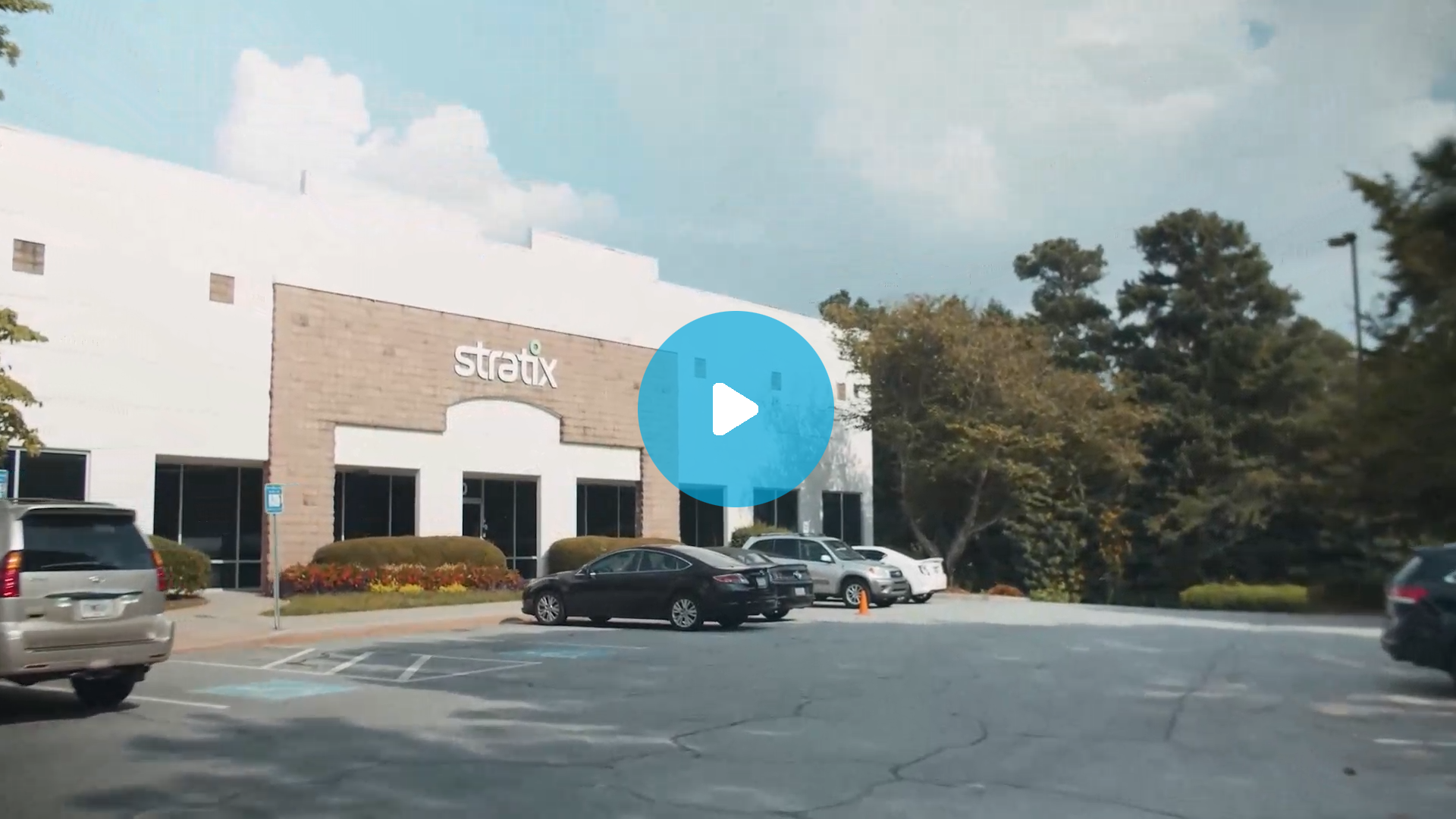Meeting the Healthcare Mobile Technology Challenge
Written by Ian Fogg
Blog
Healthcare is one of the world’s largest and fastest-growing industries, with no sign of slowing down. Demand is steadily increasing as more baby boomers reach retirement age. The challenge is meeting that demand. The Association of American Medical Colleges says the country faces a shortage of up to 124,000 physicians by 2034, including 48,000 primary care physicians. U.S. News reports that “by 2025, the U.S. is estimated to have a shortage of approximately 446,000 home health aides, 95,000 nursing assistants, 98,700 medical and lab technologists and technicians, and more than 29,000 nurse practitioners.” As overburdened caregivers must do more and more with less, they depend on mobile technology to drive efficiency and optimization. With the speed at which the technology landscape changes, how can providers be sure that they’re getting what they need from these devices?
Using the Right Device Makes a Difference
Zebra is a leading maker of high-quality and purpose-built mobile devices that easily run the sophisticated software platforms that healthcare organizations need to drive their business. With Zebra, caregivers can consolidate multiple devices into a single device that gives them access to what they need, when they need it, wherever, whenever.
Zebra’s long experience in the industry means that it understands the needs and how to solve them. Zebra healthcare devices are disinfectant-ready, rugged, and easily stand up to the daily rigors of healthcare work. Zebra hardware and software solutions streamline clinical and nonclinical workflows to improve staff efficiency, care quality, and the patient experience. Powerful data capture, like barcode scanning, enhances productivity and error-proofs workflows.
Selecting a device that is built with healthcare in mind can provide several advantages:
- Increased Efficiency
- Zebra healthcare devices give providers fast and secure HIPAA-compliant access to records, imaging, test results, and all the other information they need. Built-in scanning technology means that capturing information quickly and accurately is a snap.
- More Uptime
- Devices designed to withstand the daily wear and tear and frequent disinfecting required in a medical environment provide assurance that your caregivers aren’t dealing with broken or disabled technology. Less time troubleshooting means more time with patients.
- Better Collaboration
- Zebra healthcare devices are user-friendly. Features like push-to-talk communications and high-resolution video streaming make collaboration between caregivers easy. They can share information with other providers, consult with specialists, and coordinate care more efficiently.
- Single sign-on across applications and voice-enabled smart badges for single-tap authentication maintain security while boosting productivity and user experiences.
- Automated Data Capture
- 5G, Wi-Fi, Bluetooth, and NFC connectivity means devices work anywhere and seamlessly connect with peripherals like printers, blood pressure cuffs, digital scales, pulse oximeters, and more.
- Information automatically goes into electronic health records, reducing paperwork. In a remote patient monitoring setting, automated alerts are sent to caregivers if there’s cause for concern.
- Convenient Printing
- Whether it’s labels and armbands in an ambulatory care facility or care instructions to be left behind after a home health call, Zebra mobile printers make it easy to produce whatever is needed quickly.
Shortages and Burnout Aren’t Limited to Caregivers
As useful as healthcare mobile technology is, there are challenges in getting it into the hands of caregivers. Most companies—across all industries—find it hard to recruit and keep enough IT talent. While 97 percent of respondents in the Stratix 2023 Enterprise Mobility Outlook said mobile tech is very, or extremely, important to their business, the proliferation of mobile is putting pressure on the internal IT teams who have to procure and support it. Seventy-five percent of respondents told us they’re at least somewhat overwhelmed by the increasing number of mobile devices—with 41 percent putting it at very or extremely.
The lack of internal expertise means healthcare organizations often struggle to design solutions properly and simply don’t have the resources to deploy them effectively at scale. There is additional complexity for home care providers when employees need devices delivered to their homes. If solutions don’t work well—or if the necessary 24/7 support is ineffective—that contributes to healthcare worker burnout, dissatisfaction, and employee turnover.
Call in a Specialist
Just like in medicine, you often need a specialist to solve your healthcare mobile technology challenges. A managed mobility services provider (MMSP) like Stratix will work with you to understand your goals and end users’ needs to design solutions that will get you where you want to go with the highest ROI.
One of our key strengths is our longstanding relationships with leading mobile device manufacturers like Zebra. As a Zebra Premier Solution Partner, we offer dual-layered services combining Zebra and Stratix for best-in-class healthcare solutions.
Our solution architects work with large medical organizations and understand the special industry requirements like patient privacy and more.
Leveraging our large Mobile Integration Center in Atlanta, we can kit and configure thousands of devices with the applications and peripherals required and ship them out-of-the-box ready to caregivers anywhere in the country. Our device lifecycle services are backed by our best-in-the-business 24/7 help desk support. If a device needs replacement, we can get a caregiver a new one overnight.
Zebra and Stratix, Better Together
Implementing mobile solutions can be challenging, but pairing Zebra’s purpose-built healthcare mobile technology with Stratix’s best-in-class managed mobility services helps you navigate the complexities. With us, you can put nurses and clinicians at the center to make care delivery easier and create more time for patients. We leverage our four decades of experience to make mobile solutions convenient, easy, and cost-effective.
2023 Enterprise Mobility Outlook Report
Research Shows Companies Are Leveraging Mobile Technology to Succeed in Uncertain Times
Read the Report













